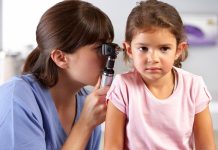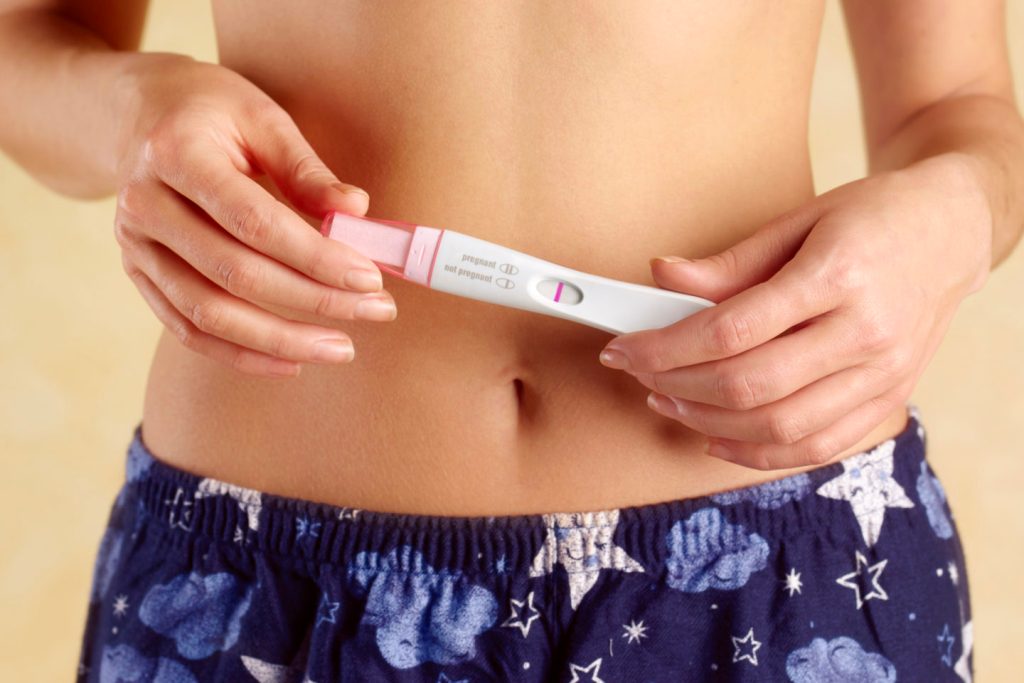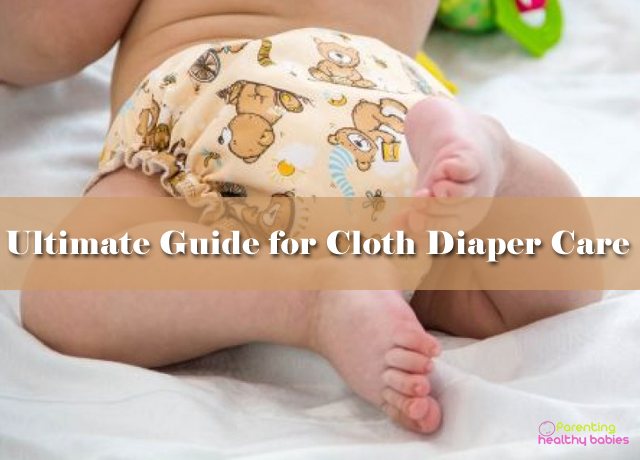In this article:
How Does the Egg Donation Process Work?
Who Can Be an Egg Donor?
How to Choose a Donor?
How Does the Egg Donation Process Work?
The procedure of donating oocytes is absolutely safe today if it is carried out by professional reproductive physicians who monitor the donor’s condition during the stimulation of superovulation. Within the process, the doctor pierces the wall of the vagina with a needle and inserts a needle. A syringe is attached to the outside of the needle, with the help of which the contents of the follicle (follicular fluid with an egg cell) are taken.
Due to the painfulness of the procedure, the puncture of the follicles is performed using anesthesia. Its type is chosen by both anesthesiologists and patients. The puncture procedure lasts 10-15 minutes. During a few hours after the procedure, the donor must be supervised by a physician. Also, it is recommended to arrange accompaniment for the donor, since she should refrain from self-driving. Eating spicy, fatty foods and drinking alcohol is forbidden over the next 24 hours.
Who Can Be an Egg Donor?
There are strict requirements for the qualities that a donor should possess. Age is the first one. A woman aged 18-35 years can become a potential donor if she successfully meets a whole list of medical demands. The woman has to undergo a full medical genetic examination: doctors will eliminate genetic risks, check the body for infections, and study the hormonal profile. Before giving an egg, a potential donor will undergo blood and urine tests, fluorography, ultrasound, and electrocardiogram examinations. Also, she will consult a therapist and a psychiatrist. Only if the results of the examinations are satisfactory, the donor’s egg will get into the bank.
A woman or couple who decide to resort to in vitro fertilization will have a choice. They can use the services of both anonymous and familiar donors. If a surrogacy service is engaged, the recipient will be provided with the donor’s medical card and also will be told in detail about the donor’s education and appearance – the color of eyes and hair, body type. One of the most popular requests from future parents is the so-called request for similarity. They want a child, conceived from a donor, to resemble at least one of them. In this case, the description of the appearance is very important.
The donation can be either free of charge (for example, if the donor is a relative) or paid.
There are certain contraindications to donation:
- age over 35 years
- health problems
- chronic diseases (epilepsy, diabetes, etc.)
Legally, the donation is regulated as follows: prospective parents do not have the right to choose the child’s sex unless there is a possibility of hereditary diseases related to sex. Artificial insemination is carried out in a clinic that has a license for medical practice, under the written consent of the spouses (or women). Information about artificial insemination and embryo implantation, as well as donors’ identity, falls under medical confidentiality and cannot be disclosed. The donor also undertakes not to identify the patients and children born with the help of donated oocytes.
How to Choose a Donor?
If a recipient chose an anonymous donation, the recipient will be able to get almost all the necessary information about a donor: nationality, height, weight, blood group and Rh factor, eye color, nose shape, hair color, shoe size, and even a zodiac sign. The exception is personal data – according to the current legislation, the clinic cannot provide it to the recipient. It is believed that the donor’s age affects the health of a child, and the younger, the better. This is not always the case; in addition, only perfectly healthy women are allowed to donate their eggs, and the recipient can be convinced of this once again by reading the medical card of a potential donor.













